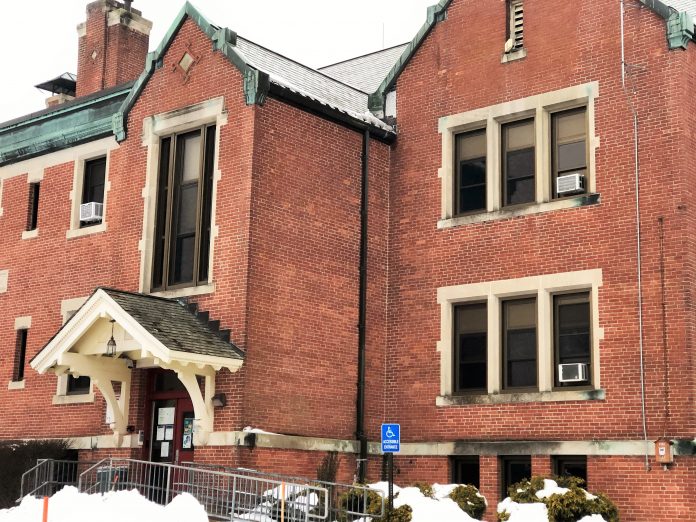The School Committee approved a budget request that will eliminate 13 full-time but vacant positions in North Attleborough schools.
The committee voted 7-0 on Feb. 6 to advance the proposed $46,980,202 school budget to the Town Council for approval. The budget would fund school operations, transportation costs, crossing guard salaries, a capital improvement plan for schools, and tuition for students at the Bristol County Agricultural High School.
But positions of a Martin School nurse, a specialist for kindergarten literacy, and seven intervention paraprofessionals were all eliminated.
Superintendent Dr. John Antonucci said the cuts came from positions that had are currently vacant. He said the cuts also addressed the budget increase of $1.98 million, or 4.4% from last fiscal year. The two budget drivers that led to the increase were the rise in costs for special education tuition and utility services such as oil to heat school buildings.
“Our biggest budget drivers are special education and utilities,” Antouncci said. “Oil is used for heating our schools and due to inflation, the costs are rising.”
The cost of utilities will increase by $170,000, while the special education tuition budget will go up by $475,882 throughout the last fiscal year.
Last year, the Commonwealth of Massachusetts approved a 14% tuition increase for private special education schools, such as private day and residential schools. The North Attleborough FY2024 budget forecasts four new students placed in private schools. Antonucci expressed his frustration with this decision, calling it, an insane decision that puts a burden on our schools.”
The combined cost of utilities and tuition total $651,785–almost half the total budget increase. Without these two drivers, the budget increase would only be 2.97%.
Anotuncci added that cutting some of these positions would help fund full-time positions such as adjustment counselors and a school psychologist for the district. These funds come from ESSER, or Elementary and Secondary School Emergency Relief, grants—which provide districts with emergency relief funds to address the impact that COVID-19 has had, and continues to have, on elementary and secondary schools.
“We’re going to become less reliant on ESSER funds,” Antonucci said. “It’s been a nice infusion but we’re moving away from it.”

